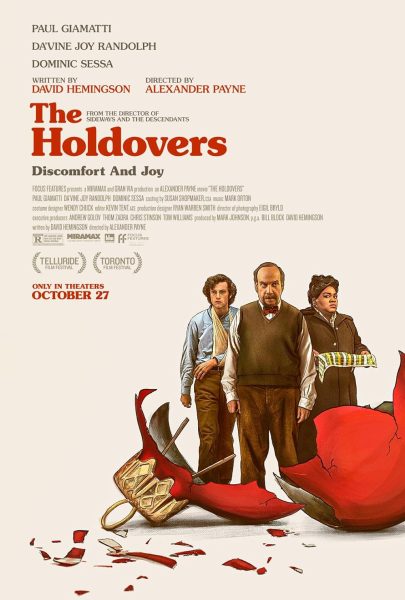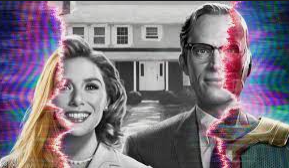Review: Making A Murderer
Riveting, but Flawed

February 4, 2016
Making a murderer is a Netflix original series that documents the real life story of Steven Avery, a man from Manitowoc County, Wisconsin – which lies on the Western side of Lake Michigan and about 43 miles southeast of Green Bay, Wisconsin – who served 18 years in prison for a brutal crime which he did not commit. In 2003, he was exonerated based on DNA evidence. And that is just the first episode.
The documentary is engaging, riveting, and done with purpose. It was able to capture my attention effortlessly, holding it until the closing seconds of its 10th and final episode. The way that the documentary was pieced together is nothing short of perfection. The filmmakers smoothly transition between news clips, interviews, and phone calls (just to name a few) to tell their story of a corrupt criminal justice system.
This documentary wonderfully told the story of its subject’s struggle to become, and remain, free in a town whose police department was biased in their pursuit of his conviction on two different occasions. It exposes flaws in how defendants are treated in today’s society, by the media and the justice system itself. However, I don’t believe that they made their message clear enough, as many people seemed to have missed the point of the documentary entirely (focusing on Steven Avery, rather than the issue as a whole). That apparent lack of clarity, along with how biased it is, are my only complaints about the series. As a whole, the documentary series is very entertaining, and well worth watching.
SPOILERS BELOW, READ AT YOUR OWN RISK
Two years after he was released from prison Steven Avery was charged with the murder of Tracey Halbach, which he was convicted of despite some sketchy evidence being presented by the prosecution. The documentary fails to show some solid evidence that the prosecution did obtain and present, which I feel hurts its message. Being that the documentary was attempting to highlight the ways in which the justice system failed Steven and how it will fail others, the choice to exclude the stronger evidence is understandable, but still inexcusable.
Since its release, the documentary has spawned petitions to free Steven, one on change.org has amassed slightly under 159,000 signatures. This has happened despite the efforts of the filmmakers to speak on a larger, more pressing issue: the state of our criminal justice system. They may have done a little too well in crafting an intriguing narrative around Avery, and caused many to miss the forest through the trees.
I give this documentary 9 wrongful convictions out of 10.










